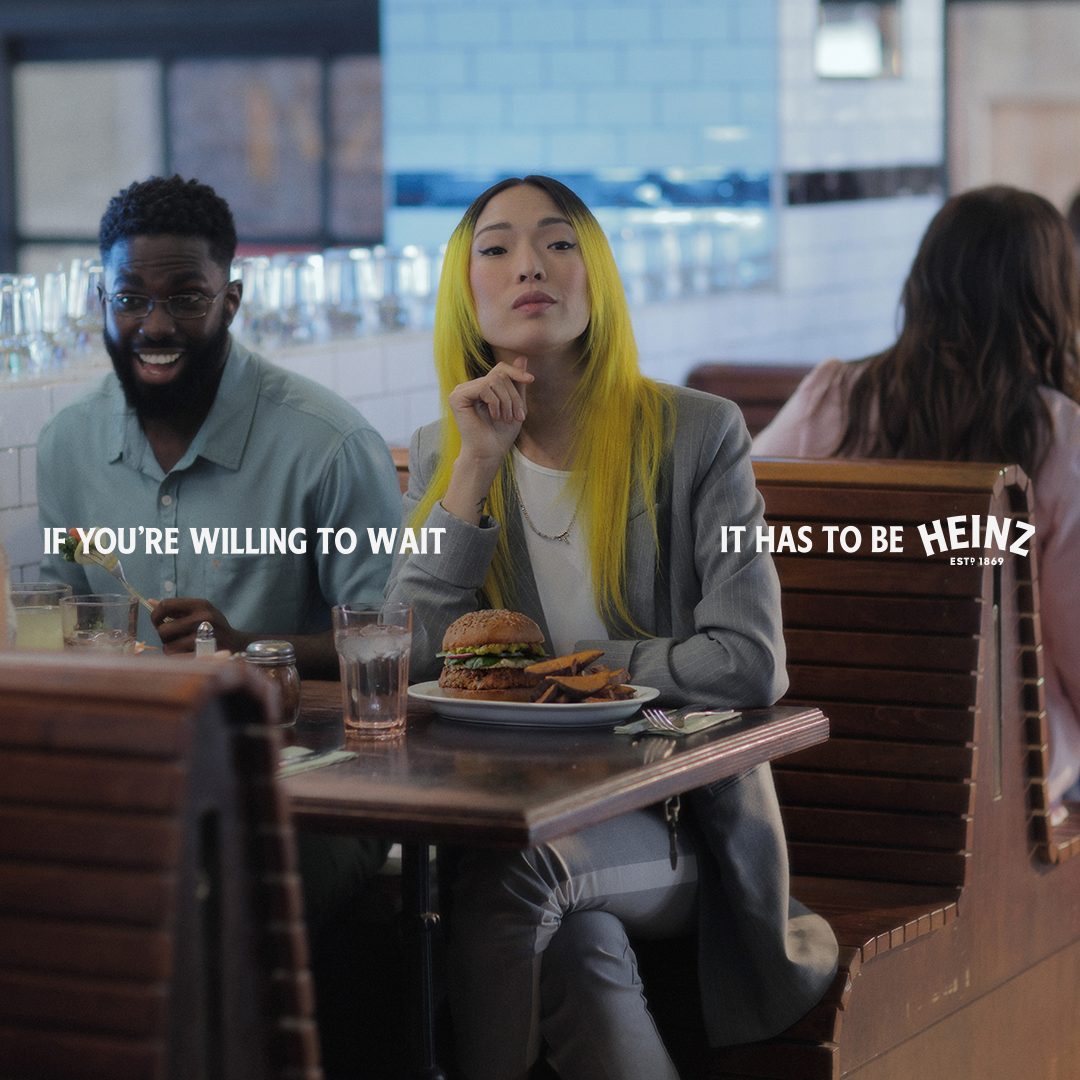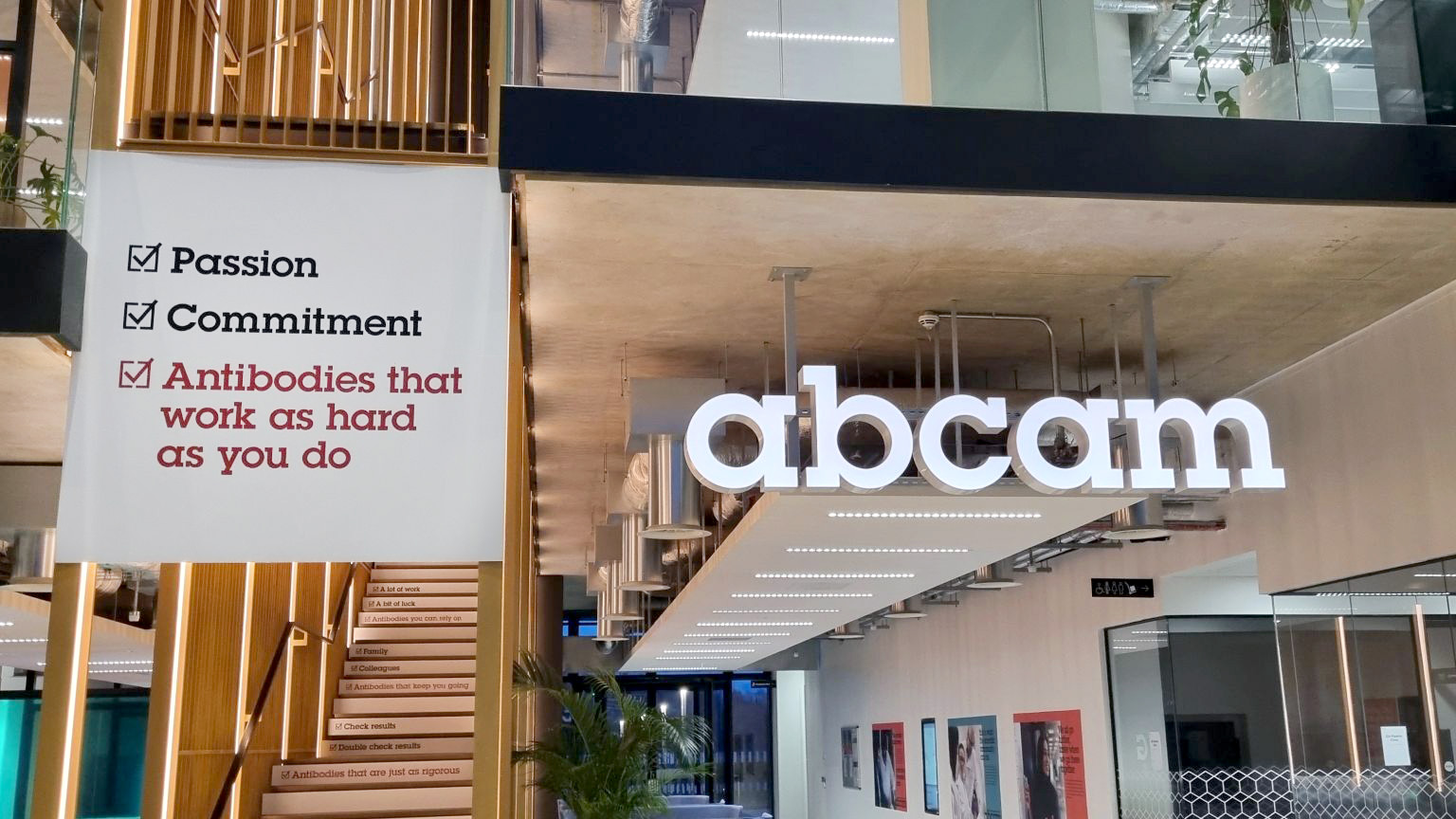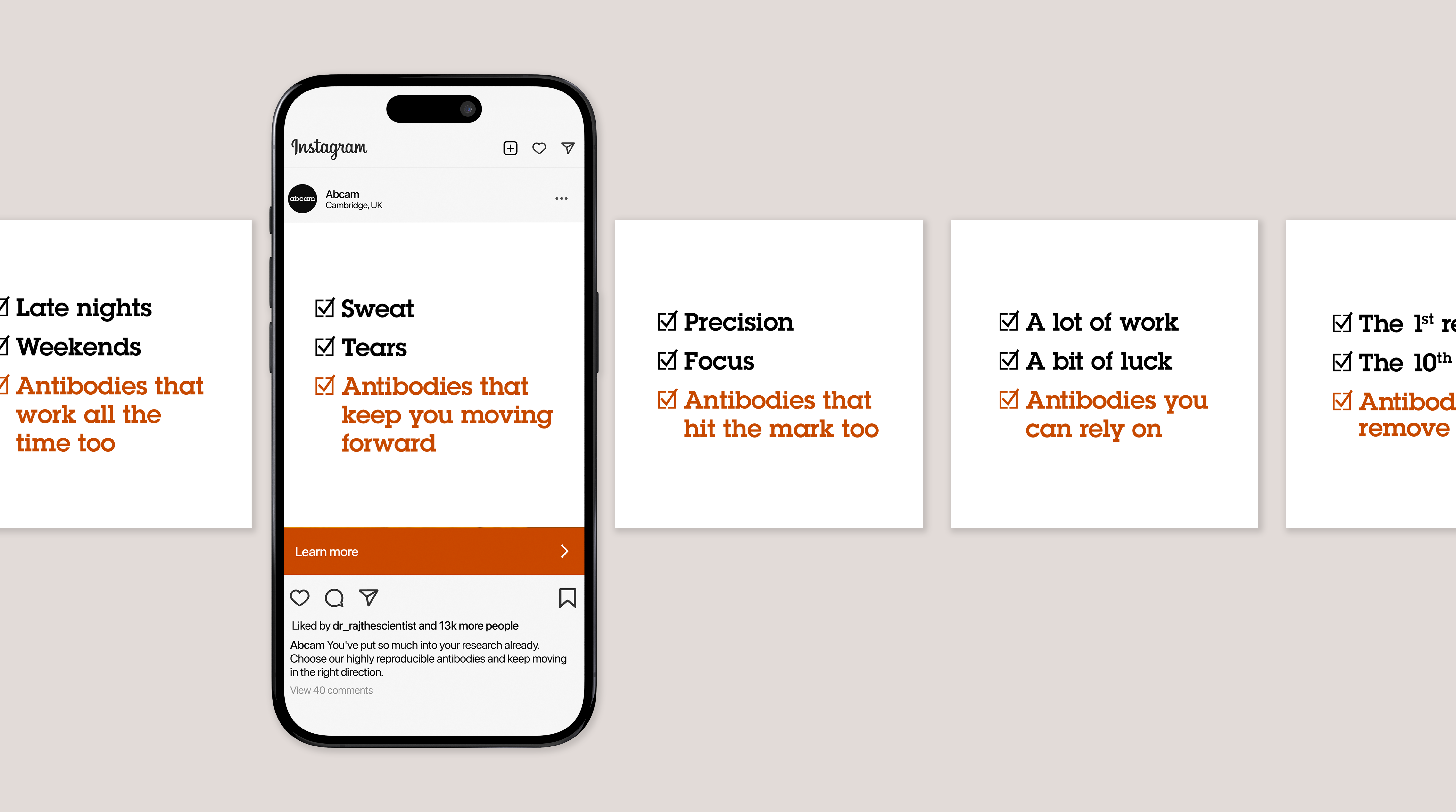“Authentic” and “relatable” - the terrible twins of advertising buzzwords. Come on, does anyone want their marketing to be inauthentic, or unrelatable?
But what do we really mean when we reach for these words?
The belief is that a campaign will be extra effective if the audiences find it to be ‘true’; to recognise something about their own lives and needs in the creative.
For instance, Heinz could just tell you their ketchup is tasty (it is) and worth waiting for, but have a look at their recent campaign (which I’m obsessed with).
It comes from an observation of a highly relatable moment and is expressed in a way that feels wholly authentic. They’ve captured and reflected back the exact micro-emotions of the moment. I’ve been there. I am there.
It’s something so easy to get wrong.
Because the other thing you’re trying to do is make a persuasive point about a product or brand. The two goals don’t necessarily sit neatly together. Mess it up, and you risk doing the opposite: making people think “these guys don’t understand me or my needs at all”.
So all of this was in our heads when we started working with Abcam on a new campaign, promoting antibodies to research scientists.
Antibodies are vital to life sciences research, and a multi-billion dollar industry. Science marketing tends to be pretty functional - after all, the products are for work, and the people doing that work are highly rational, right?
That’s true! But we and Abcam saw the potential in putting the important sales messaging about high-quality antibodies in the context of the actual working life of a scientist, and all the emotion that comes with that.
We needed scientists' help to get it right. We spent a significant amount of time listening to working scientists, trying to understand the specific nuances of science as a career, and how to portray this realistically.
By realistically we mean: more than a stock photo or outsiders' generalised view of what a scientist is. Honed in on their actual day-to-day work - the barriers they face, the specific kit they use, even the jokes they tell and the coffee room chat.
It led us to the concept of a checklist, the sort of thing real scientists write in their lab notebooks and on whiteboards, showing what they “tick off” in trying to move their research forward - and how antibodies can keep that progress happening.
Visually, our research told us that while the classic depiction of lone scientists in generic labs, bathed in blue light aren’t wholly wrong, there’s way more to the job than that. We stripped the art direction right back, and let the copy do the talking.
It allowed us to push into a tone that’s also really unusual in this space, and hopefully one that raises a wry smile in our audience, while landing the key marketing message.
You can see more on the campaign itself here.



